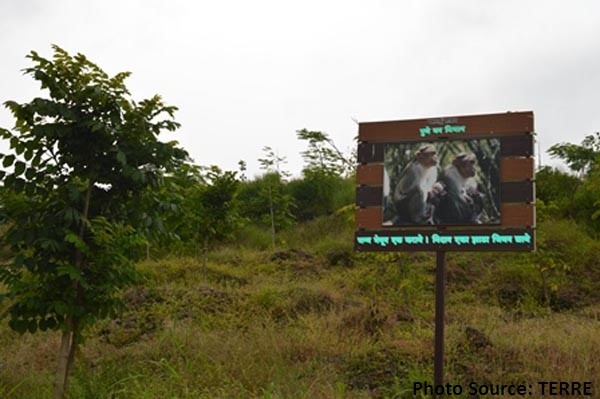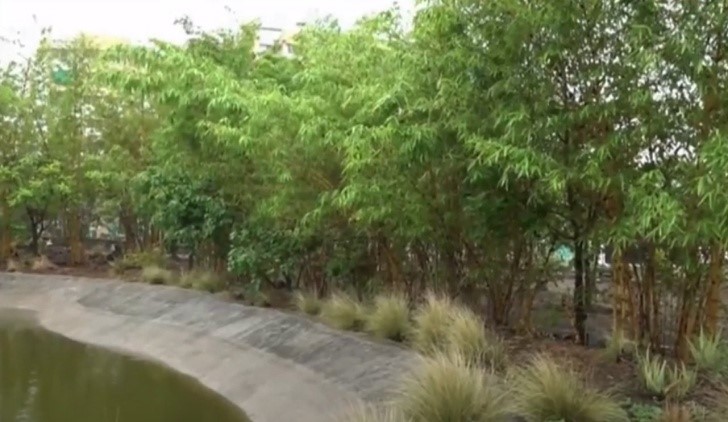On the occasion of World Environment Day, the Union government had announced the implementation of the Nagar van scheme to develop 200 Urban Forests across the country in the next five years. However, it is a great move to increase the green cover in the urban areas as these trees will act as the lungs for the cities. Apart from increasing the green cover, the restoration of existing natural habitat is of great importance as it is the home to great diversity of flora and fauna.

Smriti Van or Warje Urban forest in Pune is one such example for the urban forest. As per the release shared by the Ministry of Environment, Forest and Climate Change, this initiative that began in 2015-2016 now have more than 6500 grown-up trees, some of them have become 25-30 feet tall. This urban forest is rich in bio-diversity with 23 plant species, 29 bird species, 15 butterfly species, 10 reptiles and three mammal species.
What is an urban forest?
An urban forest is a forest with large vegetation that grows within a city, town and in and around human settlements. These urban forests are a dense collection of trees and help in maintaining the ecological balance as the trees act as urban lungs. In many countries especially in the cities like Rio de Janeiro and Johannesburg have large forest within their urban areas. Trees that act as urban lungs as a fully-grown tree can annually absorb up to 150 kg of carbon dioxide which is one of the main greenhouse gases contributing to global warming. It can also help in moderating the temperature in the cities and rejuvenate the environment by releasing oxygen.
Urban Forest-Great initiative but conservation of natural habitat is the need of the hour
“Urban forest or growing green cover in the cities is a welcome move but eco-restoration of natural habitat should be given the priority. A lot of natural habitats which is home to various birds and animals are often get invaded. This can disturb the balance and therefore, it is very important to conserve and restore these natural habitats which already exists as it is the home to huge bio-diversity,” said Sachin Punekar, Environmentalist and Founder-President of Biosphere.
“In the lockdown, we have seen that how nature has rejuvenated itself on his own. Therefore, it is important to study the natural habitat and accordingly help in conserving those,” added Punekar
Another Environment enthusiast, Umesh Vaghela also echoed the same sentiment of conserving the natural habitat rather than creating a new one. He said, “The major concern for everyone should be conserving the natural habitat and the bio-diversity which already exists instead of creating a new forest. Conservation of the natural habitat should be given priority.”

